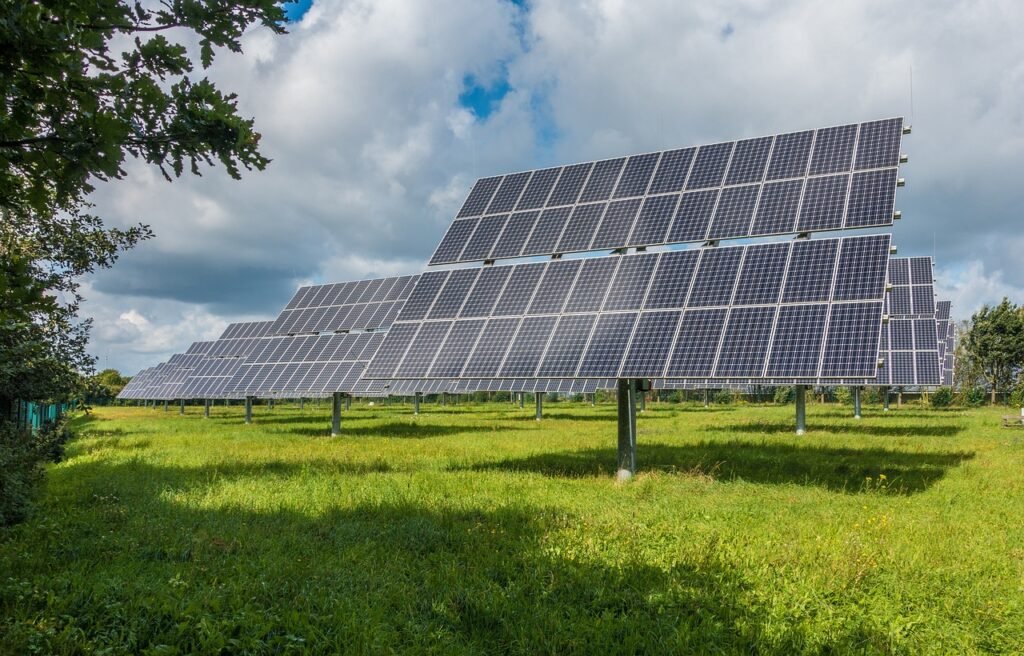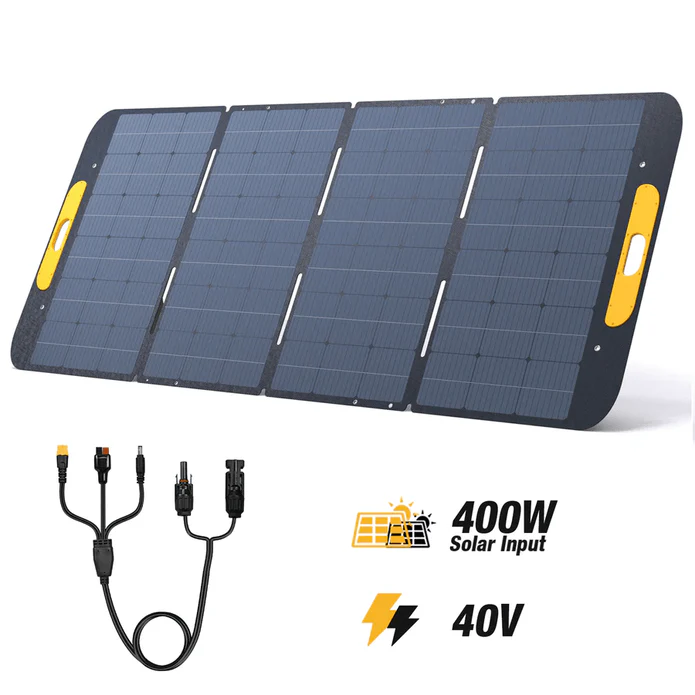Welcome to a fascinating exploration of the benefits of solar energy in residential settings! In this article, you will discover how harnessing the power of the sun can not only save you money on your energy bills but also reduce your carbon footprint and contribute to a more sustainable future. From lower electricity costs to increased property value, solar energy offers a multitude of advantages for homeowners looking to make the switch to renewable energy sources. Get ready to uncover the many perks of embracing solar energy in your home!
Exploring the Benefits of Solar Energy in Residential Settings
Have you ever wondered about the benefits of solar energy for your home? In this comprehensive guide, we will explore the numerous advantages of utilizing solar power in residential settings. From cost savings to environmental sustainability, there are countless reasons why solar energy is becoming increasingly popular among homeowners like yourself. Let’s dive in and discover the advantages of harnessing the power of the sun for your household!
Understanding Solar Energy
Before we delve into the benefits of solar energy in residential settings, let’s take a closer look at what solar energy actually is. Solar energy is a renewable source of power that is derived from the sun’s rays. These rays are harnessed through the use of solar panels, which convert sunlight into electricity that can be utilized to power your home. By capturing the sun’s energy and converting it into electricity, you can reduce your reliance on traditional fossil fuels and lower your carbon footprint.
Cost Savings
One of the most significant benefits of installing solar panels on your home is the potential for cost savings. While there is an initial investment required to purchase and install solar panels, the long-term savings can be substantial. By generating your own electricity from the sun, you can reduce or even eliminate your monthly utility bills. In addition, many governments offer incentives, rebates, and tax credits to homeowners who install solar panels, further reducing the overall cost. Over time, the savings on your energy bills can offset the initial investment, making solar energy a financially sound decision.

Environmental Sustainability
In addition to cost savings, utilizing solar energy in your home is a great way to reduce your environmental impact. Traditional forms of electricity generation, such as coal and natural gas, contribute to air and water pollution, as well as greenhouse gas emissions. By switching to solar power, you can significantly reduce your carbon footprint and help combat climate change. Solar energy is clean, renewable, and does not produce any harmful emissions during operation, making it a sustainable choice for environmentally conscious homeowners.
Energy Independence
Solar energy also offers homeowners a level of energy independence that is not possible with traditional electricity sources. By generating your own electricity through solar panels, you can reduce your reliance on the grid and protect yourself from power outages or fluctuations. This is especially beneficial during natural disasters or emergencies when the grid may be compromised. With solar energy, you can continue to power your home even when the grid is down, providing you with peace of mind and security.

Increased Home Value
Another compelling benefit of solar energy in residential settings is the potential to increase the value of your home. Studies have shown that homes equipped with solar panels tend to sell for more than those without. Buyers are increasingly looking for energy-efficient homes that can help them save money on utility bills and reduce their environmental impact. By investing in solar energy, you can make your home more attractive to potential buyers and increase its overall resale value.
Long-Term Investment
When considering the benefits of solar energy, it’s essential to think about the long-term value it offers. Solar panels are durable, low-maintenance, and long-lasting, with an average lifespan of 25-30 years. This means that once you install solar panels on your home, you can enjoy the benefits of clean, renewable energy for decades to come. Unlike traditional energy sources that rely on fossil fuels, solar energy is not subject to price fluctuations or supply shortages, providing you with a stable and reliable source of electricity over the long term.

Energy Efficiency
Solar energy is not only a sustainable and cost-effective solution for powering your home but also an energy-efficient one. Solar panels are designed to capture the maximum amount of sunlight and convert it into electricity with minimal energy loss. This means that you can generate more power with fewer resources, making solar energy an efficient choice for homeowners looking to reduce their energy consumption. By harnessing the power of the sun, you can optimize your energy usage and minimize waste, leading to lower utility bills and a smaller environmental footprint.
Grid Independence
One of the key benefits of solar energy in residential settings is the ability to operate off the grid. Grid independence allows homeowners to generate their own electricity and store it in batteries for later use, providing a reliable and sustainable source of power even when the grid is unavailable. With advancements in battery technology, storing solar energy for nighttime use or cloudy days has become more accessible and cost-effective, offering homeowners greater flexibility and control over their energy consumption. By going off the grid, you can reduce your dependence on external energy sources and increase your self-sufficiency.
Community Impact
In addition to the benefits for individual homeowners, solar energy also has a positive impact on the community as a whole. By transitioning to solar power, neighborhoods and cities can reduce their collective carbon footprint, improve air quality, and promote environmental sustainability. Solar energy projects create local jobs, stimulate economic growth, and contribute to a cleaner and more resilient energy system. By embracing solar energy on a larger scale, communities can work together to address climate change, reduce reliance on fossil fuels, and build a more sustainable future for generations to come.
Conclusion
In conclusion, the benefits of solar energy in residential settings are numerous and far-reaching. From cost savings and environmental sustainability to energy independence and increased home value, solar energy offers homeowners a renewable and reliable source of power that can transform the way we live. By harnessing the power of the sun, you can reduce your carbon footprint, lower your energy bills, and contribute to a more sustainable future for yourself and your community. Whether you’re looking to save money, protect the environment, or increase the value of your home, solar energy is a smart and sustainable choice for homeowners like you. So why wait? Start exploring the benefits of solar energy for your home today and make the switch to a brighter, cleaner, and more sustainable future.




![Jackery Explorer [240] Portable Power Station 240Wh / 200W Lithium Solar Generator](https://solarenergyall.com/wp-content/uploads/2024/06/Jackery240_695x695.webp)






